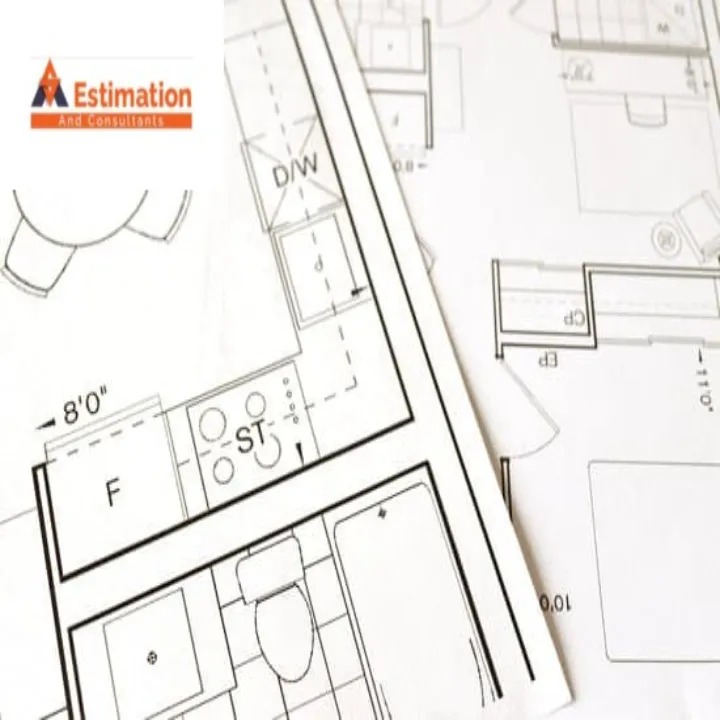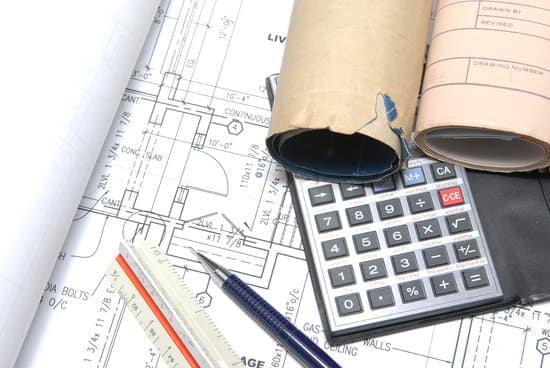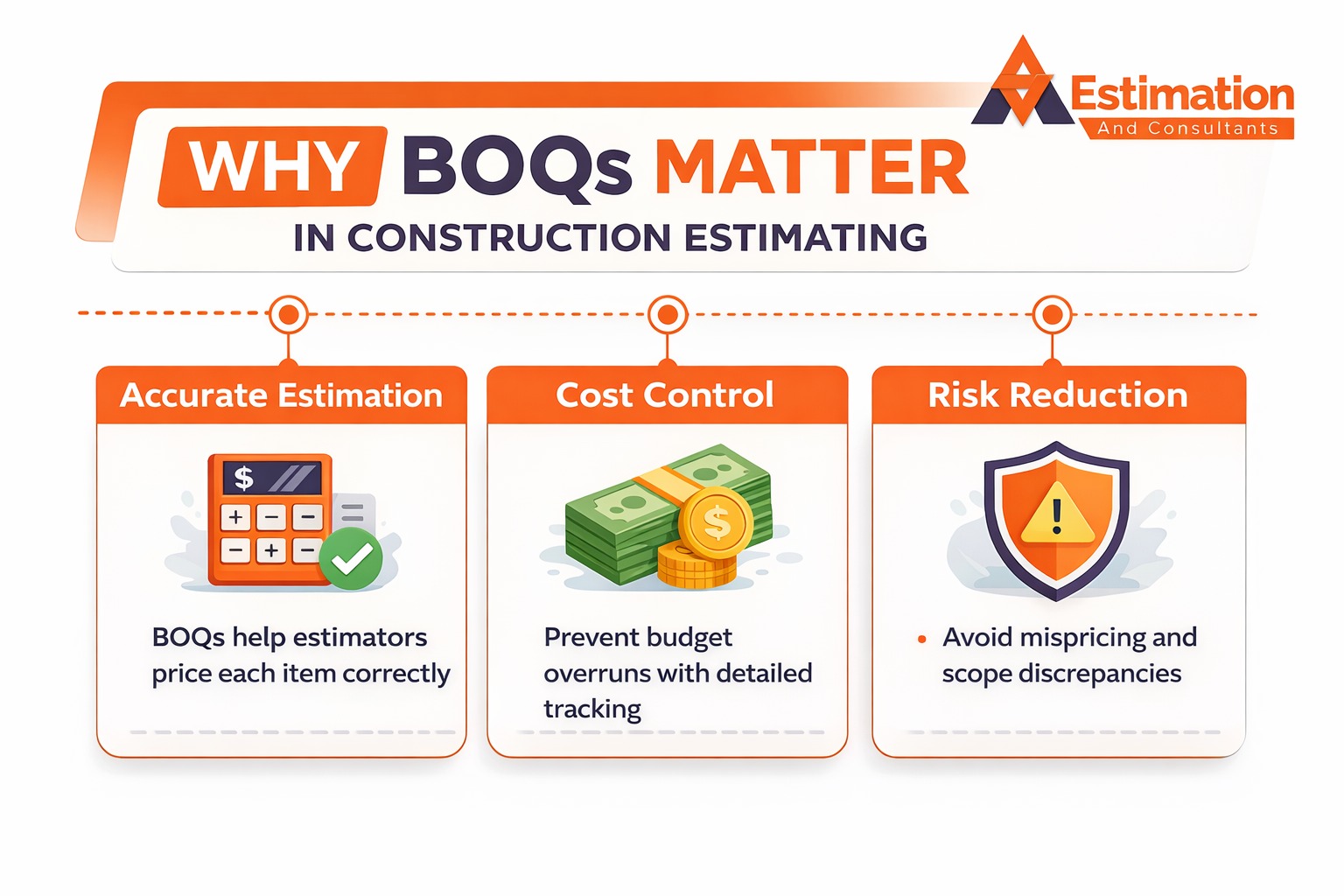Requesting an estimate for a project is a crucial step in the planning and budgeting process. Whether you’re embarking on a construction project, remodeling your home, or launching a new product, an accurate estimate is essential to ensure that your project stays on track and within budget. However, many individuals and businesses make common mistakes when requesting estimates, which can lead to misunderstandings, budget overruns, and project delays. In this article, we’ll explore the most common mistakes to avoid when requesting an estimate and provide tips to help you secure accurate and comprehensive estimates.
1. Not Defining the Project Scope Clearly
One of the most significant mistakes people make is failing to define the project scope clearly. Without a detailed description of the work to be done, estimators may make assumptions that can lead to inaccuracies.

Tip:
Provide a comprehensive project brief that outlines your expectations, including specific tasks, materials, timelines, and any other relevant details. The more information you provide, the more accurate the estimate will be.
2. Requesting Estimates from Inexperienced Estimators
Choosing the wrong estimator can lead to inaccurate estimates and poor project planning. Some may opt for lower-priced estimates without considering the estimator’s experience and expertise.
Tip:
Do your research before selecting an estimator. Look for professional estimating services with a proven track record, relevant industry experience, and positive reviews. Investing in a skilled estimator can save you time and money in the long run.
3. Failing to Communicate Project Changes
If changes occur during the project planning phase, failing to communicate these changes to the estimator can result in outdated or inaccurate estimates.
Tip:
Keep your estimator updated on any changes, whether they involve project scope, materials, or timelines. Regular communication ensures that the estimate reflects the current state of the project.
4. Not Comparing Multiple Estimates
Relying on a single estimate can lead to a skewed understanding of project costs. Without comparing estimates from different sources, you may miss out on better pricing or service options.

Tip:
Request estimates from multiple professionals to get a broader perspective on costs and services. Comparing different estimates can help you make more informed decisions and potentially save money.
5. Ignoring Detailed Breakdown of Costs
Some clients overlook the importance of a detailed breakdown of costs. An estimate without a clear itemized list can be misleading and may hide unexpected expenses.
Tip:
Always request a detailed estimate that includes a breakdown of all costs, including materials, labor, permits, and any other relevant expenses. This transparency helps you understand where your money is going and enables better budgeting.
6. Underestimating the Importance of Timing
Timing plays a critical role in the accuracy of estimating service. Requesting estimates during peak seasons or periods of high demand can lead to inflated costs due to increased labor and material prices.
Tip:
Plan ahead and request estimates during off-peak seasons when prices may be more favorable. This approach can help you secure more competitive pricing.
7. Not Asking Questions
Many individuals feel hesitant to ask questions when reviewing an estimate, which can lead to misunderstandings or overlooked details.

Tip:
Don’t hesitate to ask your estimator questions about any aspects of the estimate that are unclear. A good estimator will be willing to clarify and discuss the details to ensure you have a complete understanding.
8. Overlooking Warranty and Guarantee Information
When evaluating estimates, clients often overlook warranty and guarantee information. This oversight can lead to additional costs down the line if issues arise.
Tip:
Inquire about warranties or guarantees for materials and workmanship included in the estimate. Knowing what is covered can provide peace of mind and help you make informed decisions.
9. Focusing Solely on Cost
While staying within budget is essential, focusing solely on the cost can lead to poor decisions. The lowest estimate may not always reflect the best value, especially if it compromises quality or service.
Tip:
Consider the overall value of the estimate, including the quality of materials, the estimator’s reputation, and any additional services offered. Balancing cost with quality ensures that your project is completed successfully.
10. Neglecting to Review the Contract Thoroughly
Once you’ve selected an estimator, it’s crucial to review the contract thoroughly before signing. Many clients rush through this process, leading to misunderstandings about project terms.

Tip:
Take the time to read the contract carefully, paying attention to payment schedules, timelines, and any clauses related to changes in the project. Understanding the contract fully can prevent disputes and ensure a smoother project execution.
Conclusion
Requesting an estimate is a critical step in any project, and avoiding common mistakes can significantly impact the outcome. By clearly defining your project scope, communicating effectively, and considering multiple estimates, you can secure accurate and reliable cost projections. Remember that the goal is not just to find the lowest price, but to invest in a quality service that meets your project’s needs. By following these tips, you’ll be better prepared to request estimates that lead to successful project execution.
For precise and reliable project estimates, trust AS Estimation & Consultants to deliver expert insights and comprehensive solutions tailored to your needs.


